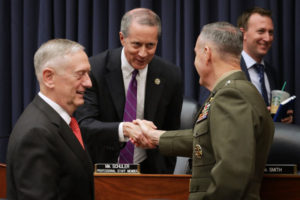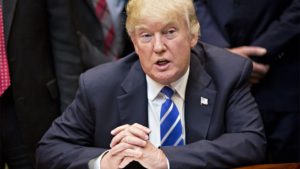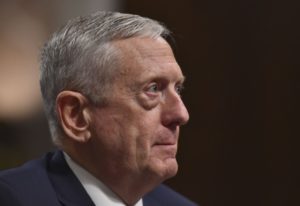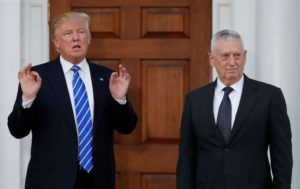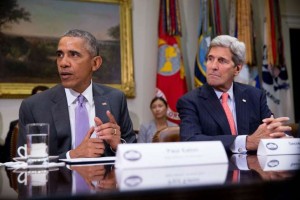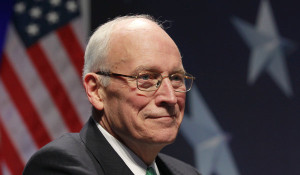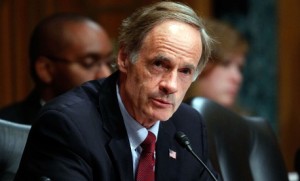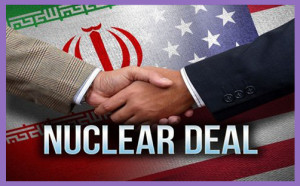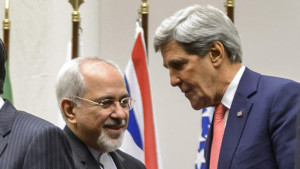I do believe that hell has frozen over. It’s official, I’m tellin’ ya!
U.S. House Armed Services Committee Chairman Mac Thornberry has said out loud that he “would advise against” Donald Trump pulling out of the deal that seeks to prohibit Iran from developing a nuclear arsenal.
That’s right. Thornberry, who usually stands foursquare behind the president’s idiocy, is now sounding downright reasonable and rational in urging the president to back off his threat to pull out of the Iran nuke deal.
Thornberry said this on Fox News Sunday: “Secretary (of Defense James) Mattis talked about the inspectors that are in there. Does Iran kick those inspectors out so that we lose what visibility we have there?” he asked. “The Europeans are not going to reimpose sanctions. So where does that leave us and Iran? You need to have a clearer idea about next steps if we are going to pull out, and especially given the larger context of Iran’s aggressive activities in the Middle East.”
This comes from a lawmaker who initially opposed the Iran deal. Why? Well, beats me. Maybe it was merely because it was struck by President Barack Obama and Secretary of State John Kerry.
According to NBC News: Other Republicans have said they are hoping that the Trump administration modifies the agreement so that it addresses certain holes such as not addressing Iran’s ballistic missile program.
Thornberry is far from the only former deal critic to take another look at it.
Trump says he plans to announce Tuesday whether he is pulling out of the deal. I hope he modifies his initial blanket opposition, despite the urging of Israeli Prime Minister Benjamin Netanyahu, who calls the deal a disaster and an invitation for Iran to go to war with Israel.
As for Thornberry’s change of heart, I certainly welcome whatever influence the Clarendon Republican might wield with a president who, um, listens to nobody.
